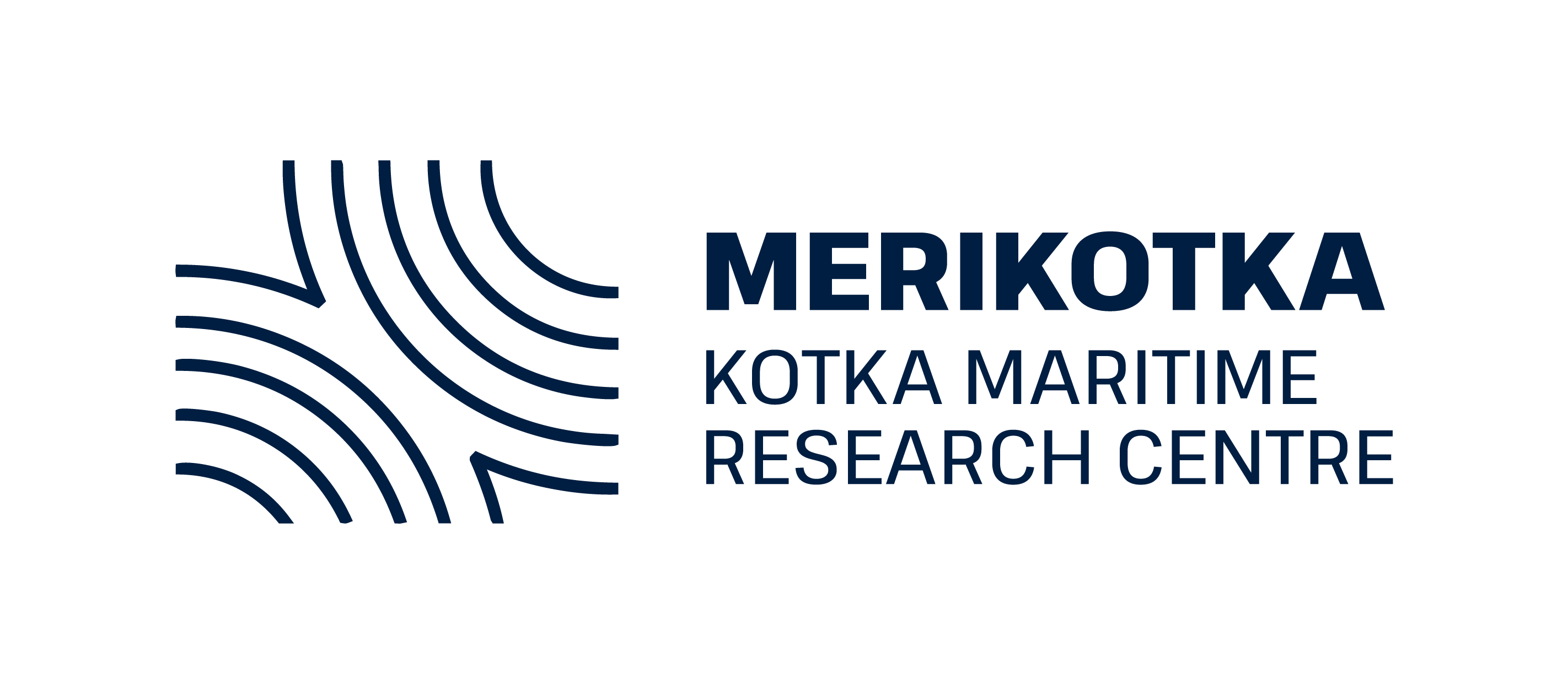The EU project COMPLETE (Completing management options in the Baltic Sea Region to reduce risk of invasive alien species introduction by shipping) gained flagship project status from the EU Strategy for the Baltic Sea Region (EUSBSR) on 26th of September 2018. This demonstrates the high political relevance of ships’ ballast water and hull fouling management to reduce the risk of introduction of harmful aquatic organisms and pathogens. The project’s aim to minimize this risk by the development of user-friendly tools and management options is recognized as essential. The flagship status supports conveying the relevant results and recommendations of the COMPLETE project to the policy level and contributes to ensuring that the project results are used in practice.
Aim to minimize the introduction of harmful aquatic organisms and pathogens
The COMPLETE project develops consistent and adaptive management options for the Baltic Sea Region addressing both major vectors for invasive species introductions: ballast water and biofouling. The project is tackling several gaps in current knowledge and proposing both operational frameworks and user-friendly tools for the management of these two vectors. The COMPLETE project aims at developing a roadmap for a regionally harmonized biofouling management strategy by involving all relevant stakeholders in all phases of this process.
Co-operation between all Baltic Sea Region countries
COMPLETE partners from Estonia, Finland, Germany, Latvia, Lithuania, Poland and Sweden are working together with 23 associated organizations from all Baltic Sea states. These organizations include research organizations, maritime and environmental ministries, their agencies, relevant private companies (e.g. shipping companies, shipowners, port authorities) and NGOs.
Project web page: www.balticcomplete.com
Project can also be followed in twitter and ResearchGate.






